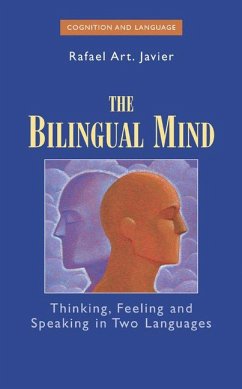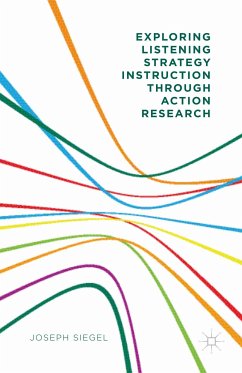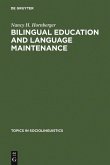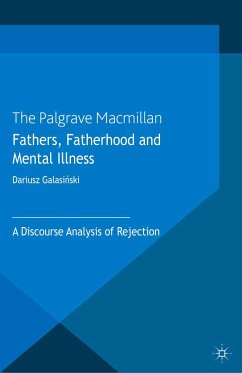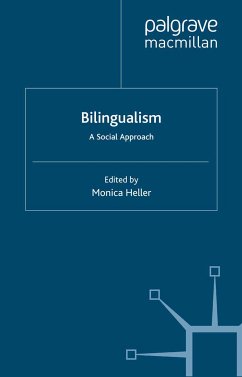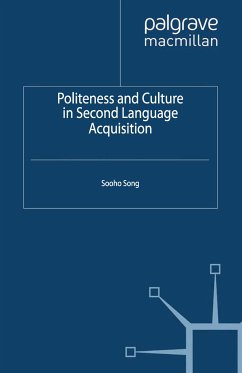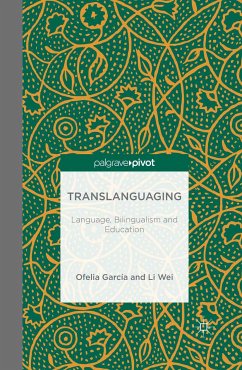Rafael Javier makes a convincing, empirically founded case for what he terms the bilingual mind, with its own particular approach to cognition, memory, and emotional and social development. From this framework, he proceeds to salient but seldom examined questions such as:
-What are the effects of bilingualism on cognitive development?
-Is some degree of language shifting always present in bilingual thinking?
-Do interpreters improve or compromise communication?
-What assessment instruments are best suited to bilingual individuals?
-What are the key issues in providing appropriate treatment interventions to bilingual patients?
-How can professionals be better trained to work with this population?
Given the prevalence of -- and controversies surrounding-- bilingualism today, the author intends his text to benefit a wide range of therapists, education professionals, and scholars. The Bilingual Mind will prove as valuable to the frontline clinician and the evaluator as to the linguistic student and the policymaker designing the future of bilingual services.
Dieser Download kann aus rechtlichen Gründen nur mit Rechnungsadresse in A, B, BG, CY, CZ, D, DK, EW, E, FIN, F, GR, HR, H, IRL, I, LT, L, LR, M, NL, PL, P, R, S, SLO, SK ausgeliefert werden.
Hinweis: Dieser Artikel kann nur an eine deutsche Lieferadresse ausgeliefert werden.

